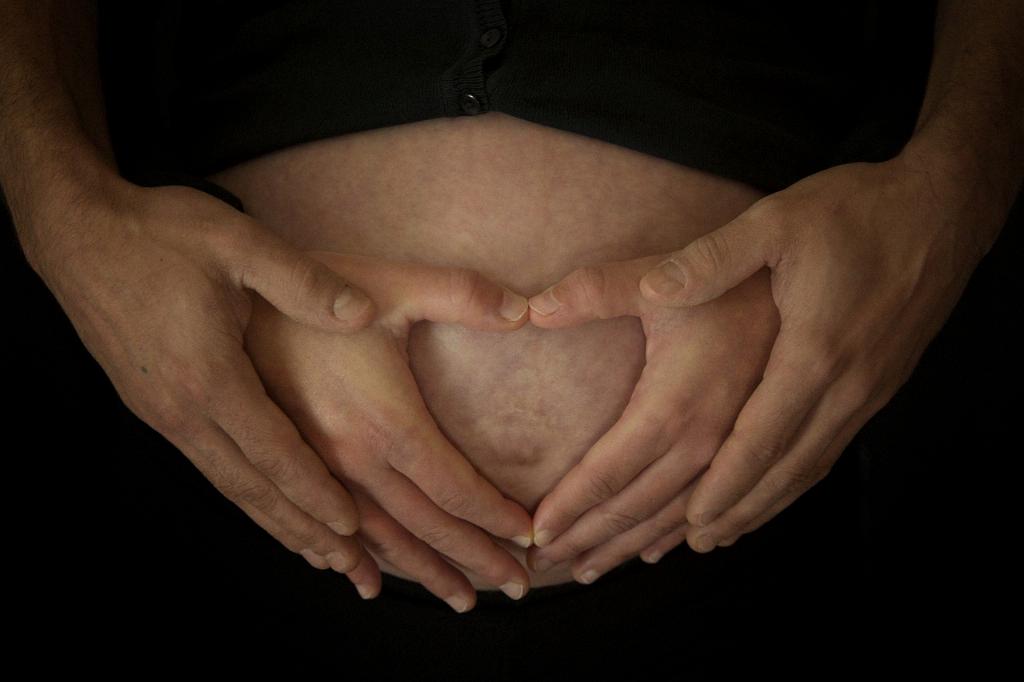During the miraculous journey of pregnancy, expectant mothers experience a myriad of changes in their bodies, some of which can be quite unexpected. One such concern that may arise is the possibility of intestinal bleeding during pregnancy. The question of whether pregnancy can cause intestinal bleeding is a valid one, as the physiological changes that occur in the body during this time can sometimes lead to unexpected complications.
One of the key factors that can contribute to intestinal bleeding during pregnancy is the increased circulating blood volume in the body. As the pregnancy progresses, the body undergoes significant changes to support the growing fetus, including an increase in blood volume to provide essential nutrients and oxygen to both the mother and the developing baby. This increased blood volume can sometimes lead to heightened pressure on the blood vessels, potentially increasing the risk of bleeding in various parts of the body, including the intestines.
Another factor to consider is the impact of the enlarging uterus on the abdominal region. As the uterus grows to accommodate the developing fetus, it exerts pressure on surrounding organs, including the intestines. This increased abdominal pressure can result in venous stasis, a condition in which the blood flow in the veins is slowed or obstructed. Venous stasis can contribute to the development of conditions such as hemorrhoids, which are swollen and inflamed veins in the rectum that can lead to bleeding during bowel movements.
Furthermore, the act of straining during defecation, which can occur due to constipation commonly experienced during pregnancy, can further exacerbate the risk of intestinal bleeding. Straining puts additional pressure on the blood vessels in the rectal area, potentially leading to the rupture of small blood vessels and consequent bleeding.
While intestinal bleeding during pregnancy is not a common occurrence, it is essential to be aware of the potential factors that can contribute to this complication. If you experience symptoms such as rectal bleeding, abdominal pain, or changes in bowel habits during pregnancy, it is crucial to consult with your healthcare provider promptly. Your healthcare provider can evaluate your symptoms, perform any necessary tests, and provide appropriate treatment to address any underlying issues that may be causing intestinal bleeding.
It is important to note that not all cases of rectal bleeding during pregnancy are necessarily related to intestinal issues. Other factors, such as hemorrhoids, anal fissures, or gastrointestinal conditions, can also cause rectal bleeding. Therefore, a thorough evaluation by a healthcare professional is essential to determine the underlying cause of the bleeding and ensure appropriate management.
Preventive measures can also be taken to reduce the risk of intestinal bleeding during pregnancy. Staying hydrated, consuming a high-fiber diet, and engaging in regular physical activity can help promote healthy bowel movements and reduce the likelihood of constipation, which can contribute to rectal bleeding. Additionally, avoiding straining during bowel movements and using stool softeners recommended by your healthcare provider can help alleviate pressure on the blood vessels in the rectal area.
In conclusion, while pregnancy can potentially cause intestinal bleeding due to various physiological changes in the body, it is essential to understand the factors that can contribute to this complication and take proactive steps to prevent and address any issues that may arise. By staying informed, seeking timely medical advice, and adopting healthy lifestyle practices, expectant mothers can navigate the journey of pregnancy with confidence and ensure the well-being of themselves and their growing baby.

